Date: 21 July 2015
Invisible to the naked eye, this process particularly prevents the over-production of energy and overheating of facilities.
Solar thermal collectors are used to produce hot water and contribute to home heating. During colder seasons all the energy they absorb is helpful. In summer, however, thermal collectors become overheated and deliver excess heat. Until recently, this overproduction has remained an unresolved problem that can even damage facilities.
A team of researchers, led by Andreas Schüler, has developed a smart material that changes its properties depending on temperature. In the case of overheating during summer, this new material would allow the collector to get rid of excess energy by radiating it. Their research has just been published in the journal Solar Energy [1].
Tanks and all the other elements of solar panels have to withstand very high temperatures – sometimes up to 180 degrees – several times during each summer. Over time, the heat transfer fluid degrades. Sensors, thermal insulation and the absorbent layer suffer and become less efficient. An “ideal” solar panel should be able to absorb heat up to a point and then repel the sun’s rays – like a mirror – to prevent overheating. “A mirror doesn’t absorb heat. That’s why mountain rescue blankets have aluminum coating. But we also need absorbent elements,” says Andrea Schüler.
EPFL’s Solar Energy and Building Physics Laboratory (LESO-PB) focuses on optimizing the transition temperature through “doping” that is adapted to the material. The material must behave as a “good” semiconductor at lower temperatures and as a “bad” metallic conductor at higher temperatures. “With a coating of this material on a metallic substrate, one can get a surface that has a low thermal emissivity in a cold state and high thermal emissivity in a hot one,” explains the researcher.
The LESO-PB team works specifically on materials that are absorbent in the solar spectrum and reflective in the infrared range, a distinction that can be made according to wavelength. This is called the selective effect. The innovation of this project is the successful combination of a selective effect with a thermochromic function – the color reacts and changes with heat, a phase change that occurs at 68° C. The new material developed at the laboratory enables the efficient absorption of solar energy while reducing the impact of overheating.
The team (LESO-PB) of Antonio Paone, Anna Krammer, Raman Kukreja and Olivia Bouvard
[1] Antonio Paone et al., Temperature-dependent Multiangle FTIR NIR-MIR Ellipsometry of Thermochromic VO2 and V1-xWxO2 , accepted for publication in Solar Energy

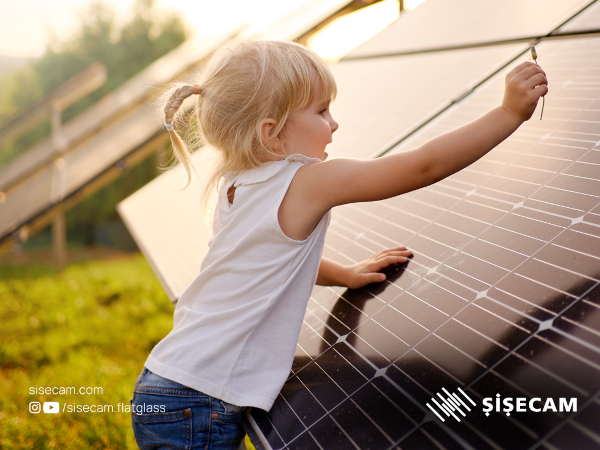

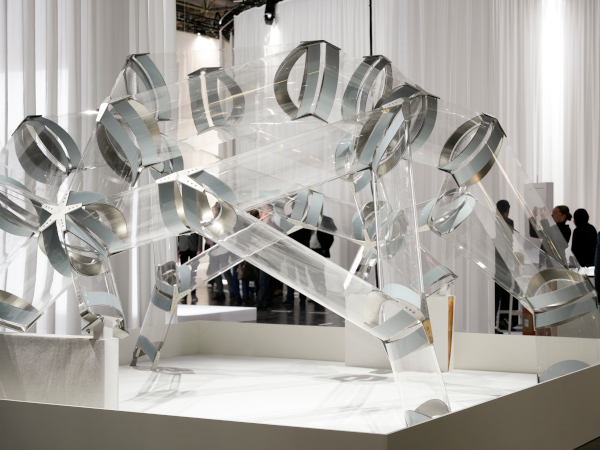
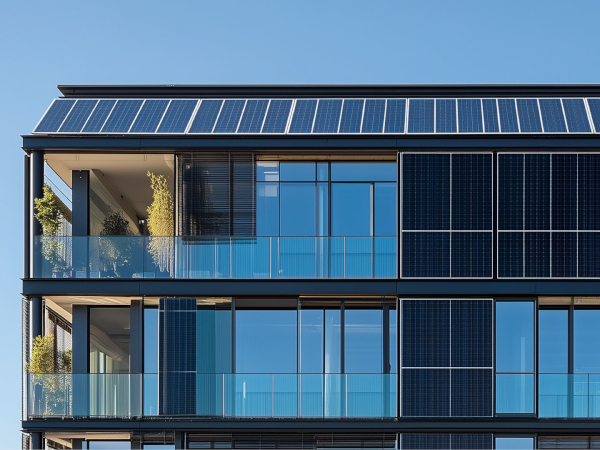





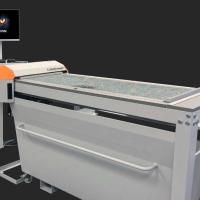
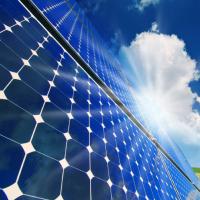
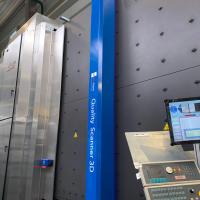
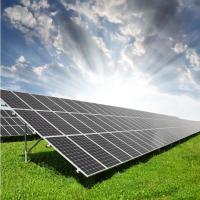
Add new comment